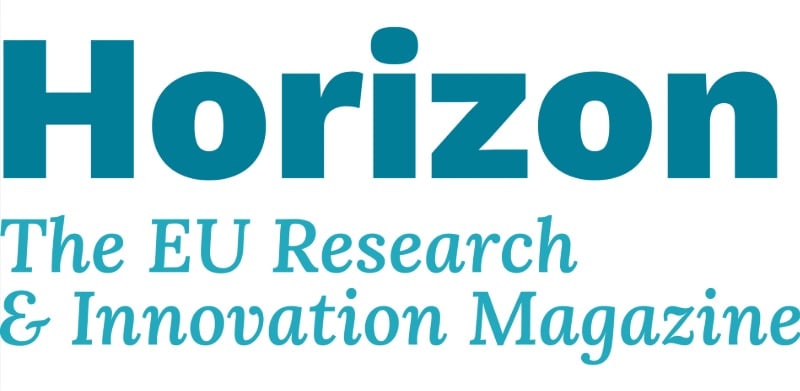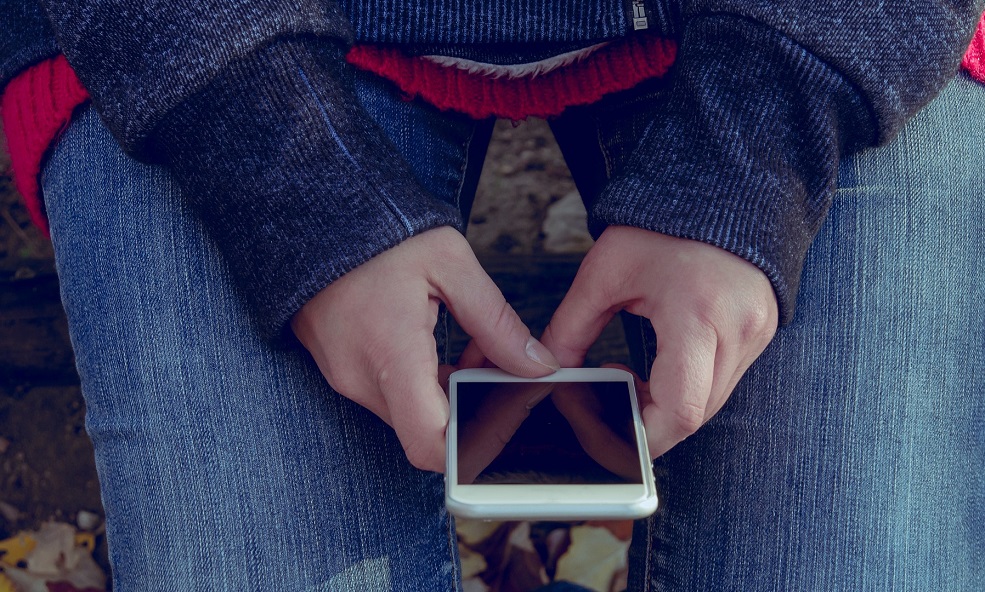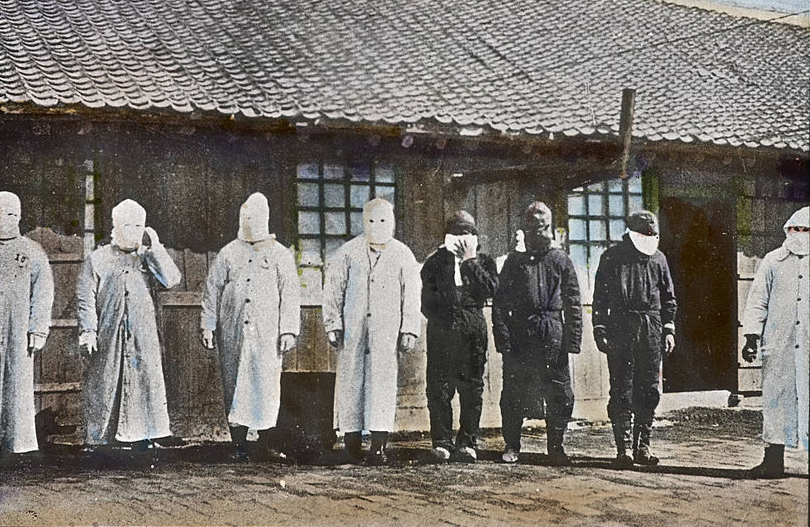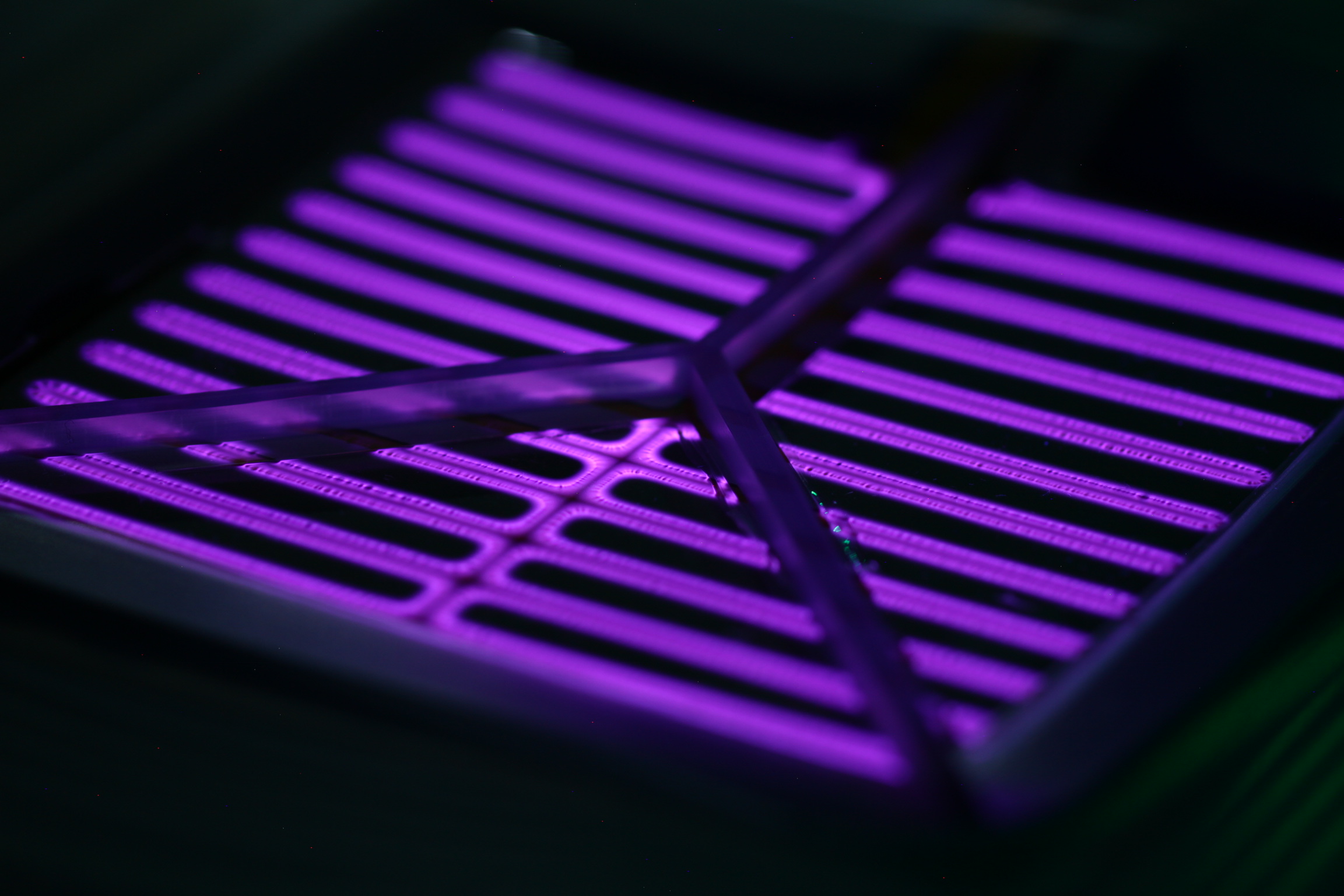Your phone may soon know when you’re stressed – and help you cope
by Ethan Bilby European businesses lose hundreds of work hours each year to stress-related absences, but an app that monitors stress levels and a device to teach relaxation exercises could help provide an answer. Christopher Lorenz is the co-founder of Soma Analytics, a UK-based start-up company that has made a smartphone app that detects people’s … Read more






